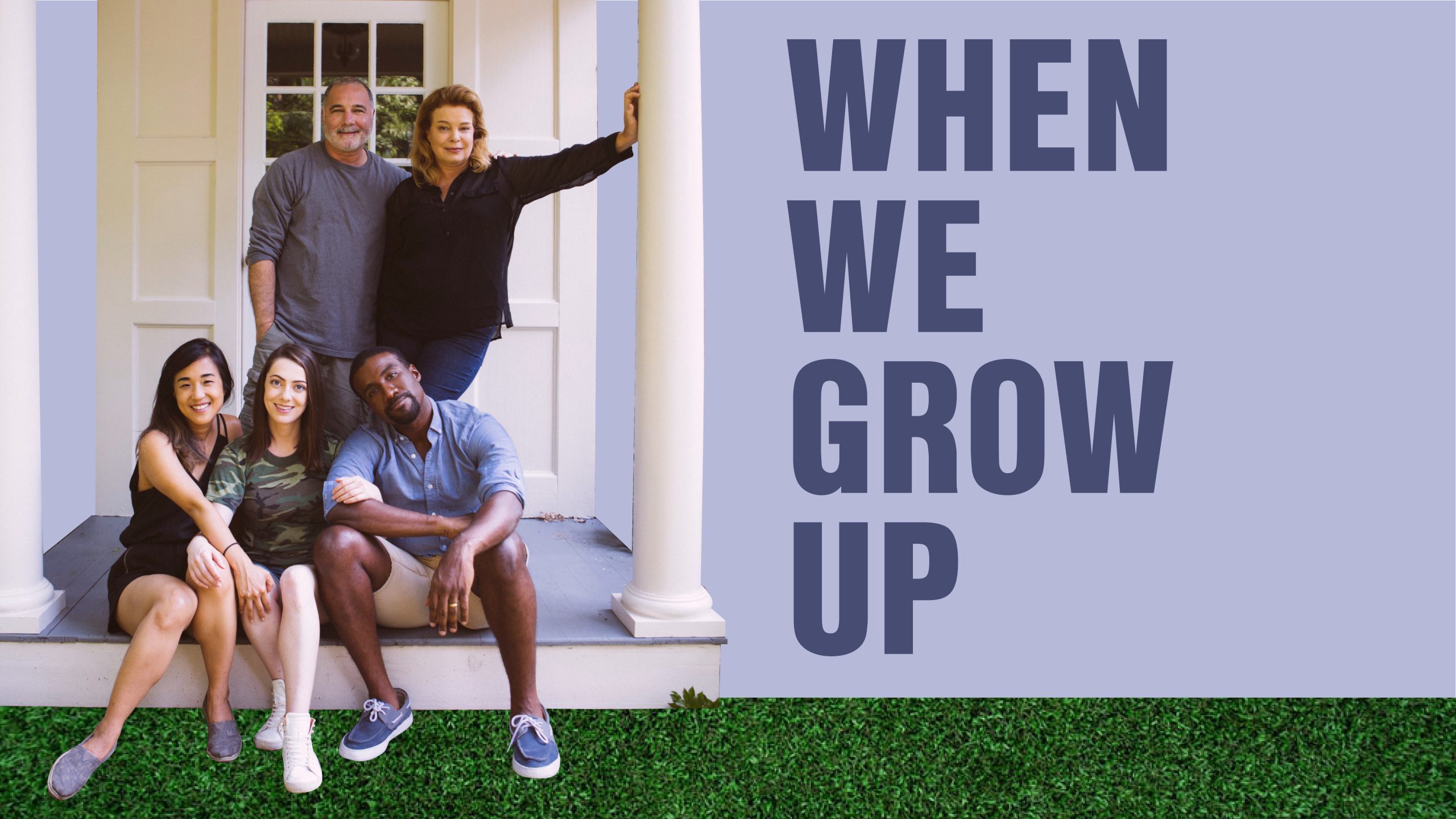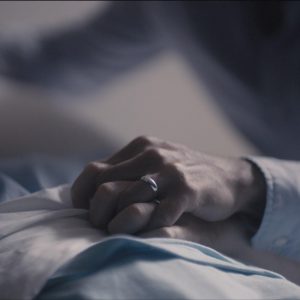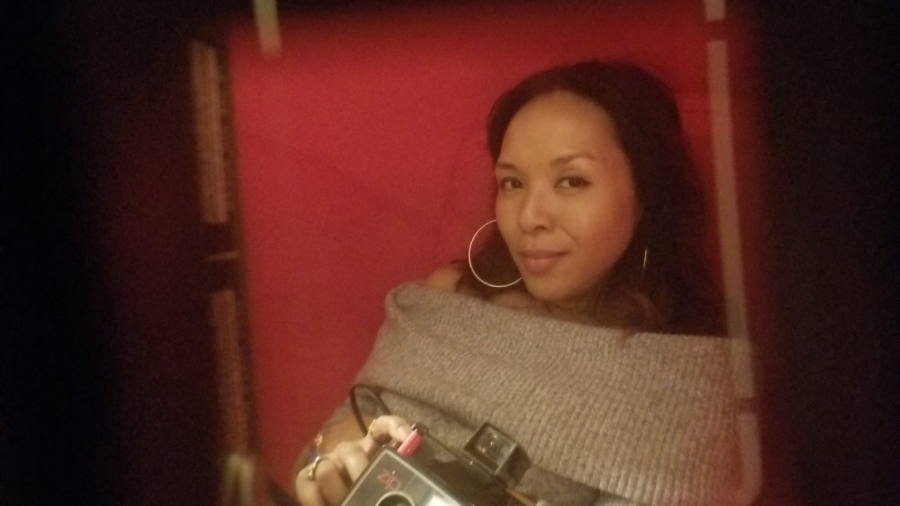Film Fest Magazine is officially kicking off a new series! Each month, we’ll be featuring a Filmmaker of the Month. We’ll interview indie filmmakers from across the U.S. and around the world, ask them how they got started and find out what motivated them to write, direct and produce some of our favorite indie films.
For May, in honor of Asian Pacific American (APA) Heritage Month, we virtually met with Filipino American filmmaker Zorinah Juan and talked about her television and film career, some of the challenges she’s had while pursuing her dream and why Asian American representation in film is so important.

How’d you get started in filmmaking?
I started off as a PA. Then, I was a loader in the camera department. I eventually went on to script supervision because I knew I wanted to direct. Four years ago, I directed my first short, The Second Province, and now I’m in development for the feature length version of that same story as my second feature.
What would you say were some of your “big breaks” in your career.
So far, the biggest opportunity was being hired to direct my first feature, When We Grow Up. The film performed well on the festival circuit and is now streaming on Amazon Prime Video. However, I was fortunate enough to have a few “big breaks” beforehand, starting with joining the union as a script supervisor about eight or nine years ago here in New York – IATSE, which is the union for the majority of the crew – and that changed my life in general. I was able to make an amazing wage for my work. Because I was able to do that, I was able to bank the money I needed for the amount of time that I wanted to take off.
In that “off period”, I was searching for directing opportunities or I was writing or shooting a short film. Then, I went back to work. Union life really changed the way I was able to progress as an artist. I saw the way big sets ran. I saw the way protocol was done with these bigger budgets and worked alongside amazing technicians and other artists who helped me elevate my filmmaking capabilities.

Promotional photo for the feature film When We Grow Up.
What are some of the challenges that you’ve had while pursuing this as a career?
When I was directing When We Grow Up, my first feature, I was separating from my ex-husband. I had $1500 in the bank after I wrapped When We Grow Up. If you live in NYC, you know that won’t get you too far for too long.
Luckily, I got a job script supervising a show in Memphis a few weeks later. While I was down there working, I’d get back to my hotel room at 8 P.M., have dinner, and then I would look at the cuts that my editor sent me from Massachusetts for When We Grow Up. I’d be up until 1 A.M. reviewing the scenes and sending notes then I’d go to sleep, get up at 5:30 A.M. for a 7 A.M. call and do it all over again. At the same time, The Second Province was starting its film festival run, so I was planning travel to and from Memphis to Boston and Los Angeles and applying to labs or researching directing programs.
When I was going through my divorce, I channeled all of that hardship in the best way I could have; I channeled it into my work. And I’m glad that I did. It’s a time stamp, when I did that movie, of a place that I’m no longer in.
Why do you think Asian American representation in film and TV is important, especially right now?
Since I was a kid in high school shooting movies for my video class, I always maintained diversity both in front of and behind the lens. I grew up seeing very few faces in the media that looked like mine, my parents, and my friends. If I did see Asians or Asian Americans on TV or movies as a kid, the characters were often stereotypes. I wanted my stories to reflect the world I saw and understood.
I believe that representation is important because it is reflective of the real world and it allows us to see ourselves as we really are in the human experience – like everyone else. I like to tell universal stories with characters that come from underrepresented communities because regardless of race, gender, sexual orientation, etc. – humans are complicated. We suffer the same fates – the loss of parents, the rebellion of our children, bad personal habits that turn into bad relationships. We all share the same basic desires: the need to belong, to be seen, to feel loved. Even though we might experience the world differently, at the end of the day, we’re all in this together and our basic human needs and desires are the same. If we can all recognize that, perhaps we can arrive at a better place together.
That’s the goal I have through the stories I tell. That’s what I want my body of work to be about.

Still shot from Threat Of Joy.
As specifically a Filipino American filmmaker, what is something you’d like to see more of in the film and TV industry regarding Filipino representation?
I’d love to see more Filipino American lead characters in film and television and I’d love to see them showcased positively. I’d love to see more Filipino American writers and directors and producers telling stories that are authentic to their experiences.
I’d love to see Filipino culture mentioned in mainstream media as the beautiful culture it is and not followed by the word “exotic” or even worse “third world” – I really fucking hate that phrase.
My parents’ culture, MY culture, is beautiful. I love it. It should be respected and not used as a punchline to a joke. That’s why I celebrate it by weaving it into my scripts. I’m proud of my parents, my heritage…to be Filipino American.
What are you working on now? Do you have any films coming out now?
I have my second feature, which I wrote. I didn’t write When We Grow Up. I wrote this second feature, The Threat Of Joy and it is based off of my first short The Second Province. It’s an entirely Filipino American lead cast. The script has gotten some good attention and soon, we’ll be able to announce some of that great news. But for now, my team and I are just really excited about the interest that it has attracted. The story is very personal to me, so I’m just honored; elated. I also have a new docuseries called, “NYC, Beloved.” More on that soon. As well, Howard, which is a short film that I was brought on to write, produce and direct, has completed it’s festival run, so it would be nice to find it a home through distribution. We’re working on that.

Still from HOWARD.
What is something you wish someone had told you back when you were first beginning your career as a filmmaker?
First, don’t be afraid to show your work. People think it has to be perfect. Let me tell you, perfection is a lie. Nothing is perfect. So show your work. It’s the only way you’re going to get better and it’s the only way to ascend. Number two, don’t be afraid to be bad at something in the name of getting good at it. I guess that goes in tandem with number one.
The third thing I really wish someone had told me – and it was something that I knew in my bones going into film, but I wish people had reiterated – is that this is hard. Be prepared to work your ass off.
What advice would you give to young filmmakers of color, particularly Asian American filmmakers, who are trying to get their scripts produced?
There’s no protocol for doing this and there is certainly no linear path. So, the best I advice I can give is this: Tell your story. Be authentic; genuine. You don’t have to explain anything. Your story is worth telling.
It’s going to be hard at times. REALLY HARD. But it will be worth it. So work hard. Be patient. Through the process, be good to yourself, kind to others, and maintain your dignity. Show up on time all the time. And have fun. I’m the daughter of immigrants who busted their asses so I could pursue my dreams. Making movies is a privilege. Laugh a lot while you do this.
Check out Zorinah Juan’s work online! Her feature film When We Grow Up is now streaming on Amazon Prime along with four episodes of Zorinah’s travel series Don’t Be A Tourist.
Find her on Instagram: @zorinahjuan


Add a Comment